Photo AI
Last Updated Sep 24, 2025
Key Biotechnology Concepts Simplified Revision Notes for SSCE HSC Biology
Revision notes with simplified explanations to understand Key Biotechnology Concepts quickly and effectively.
335+ students studying
Key Biotechnology Concepts
Introduction to Biotechnology
Overview of Biotechnology and Its Historical Advancements
- Trace Evolution: The progression of biotechnology ranges from initial genetic experiments to transformative modern applications.
- Historical Context:
- Early Advancements: The use of fermentation and development of hybrid plants were early biotechnological methods.
- Major Milestone: The discovery of DNA's double helix by Watson and Crick in 1953 revolutionised genetic science.
- Key Innovations Impacting Modern Biotechnology:
- CRISPR Technology
- Synthetic Biology
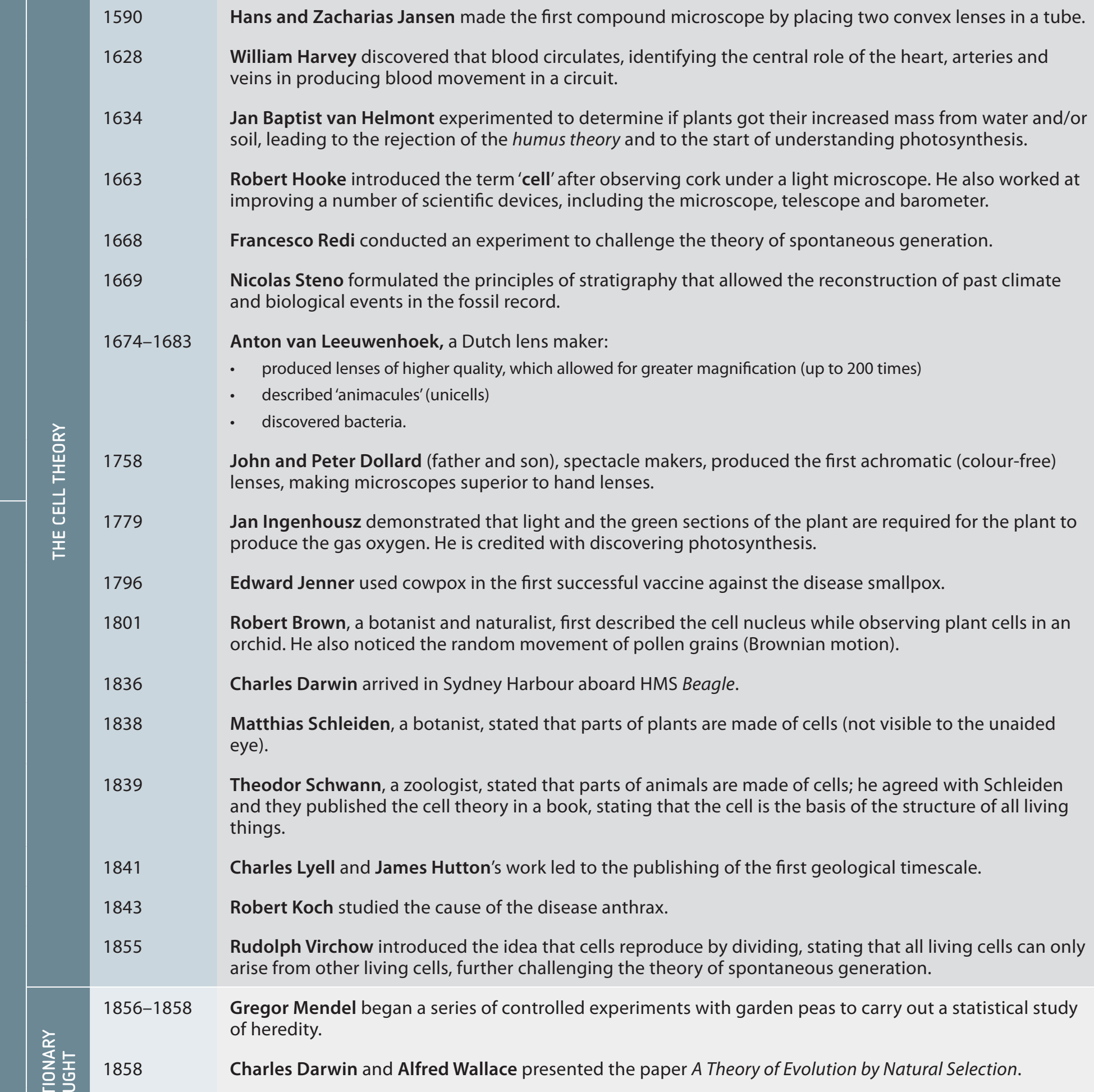
Consider how each development in the timeline lays the groundwork for future advances.
Explanation of Core Biotechnological Techniques
-
Genetic Engineering:
- Definition: The process of altering an organism's DNA to change its characteristics.
- Example: Modifying crops to increase pest resistance, leading to improved yield and efficiency.
-
CRISPR:
- Definition: This allows precise modifications to the genome, resulting in substantial impacts across sectors.
- Example: CRISPR technology is used to correct genetic defects, providing new opportunities for medical treatment.
-
Synthetic Biology:
- Definition: The design and engineering of life forms for new functions, including the creation of artificial biological systems.
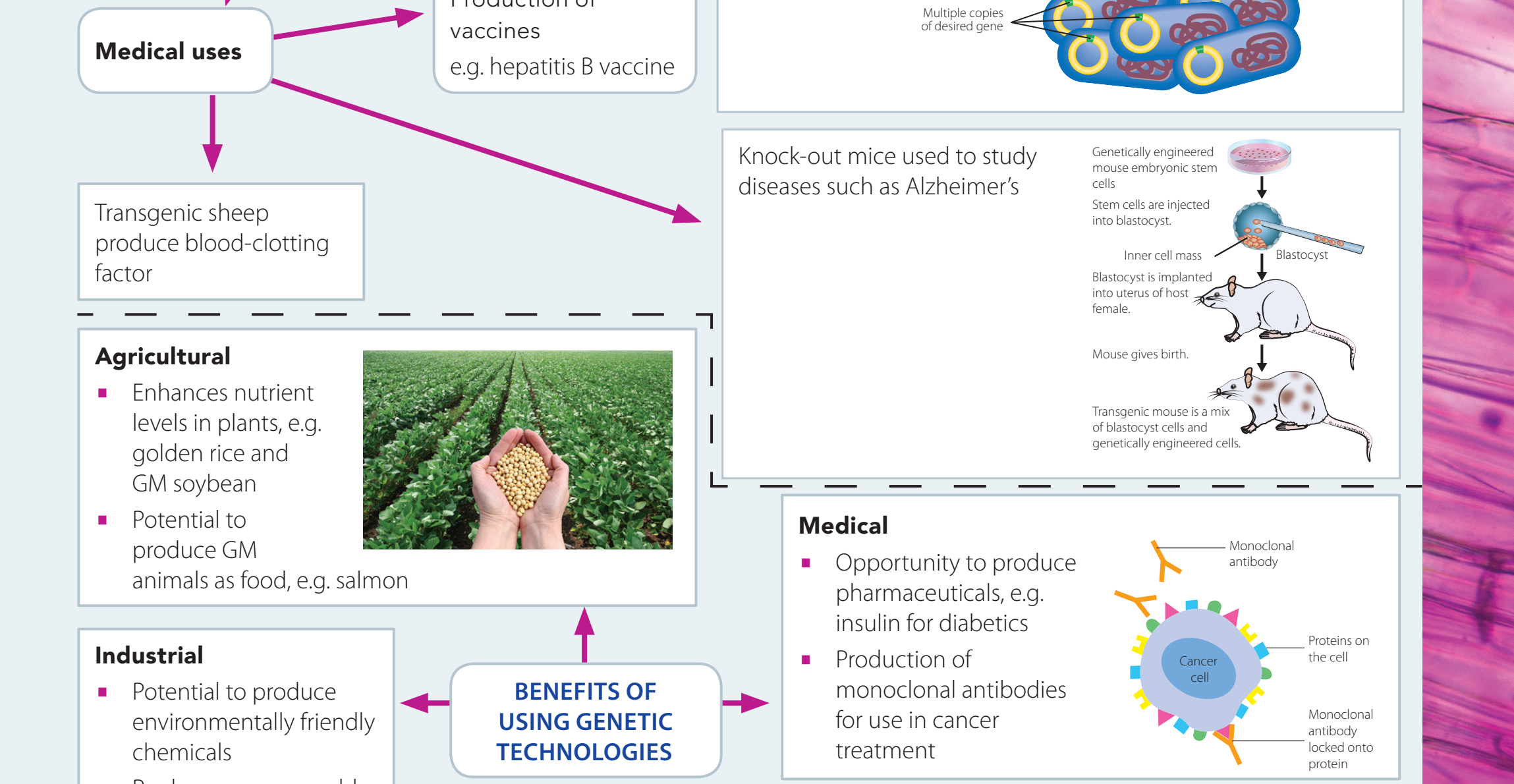
Definition of Key Terms
- Genomics - Study of genomes
- Proteomics - Study of proteins
- Transgenic Species - Organisms modified genetically
- Synthetic Biology - Designing life forms for new purposes
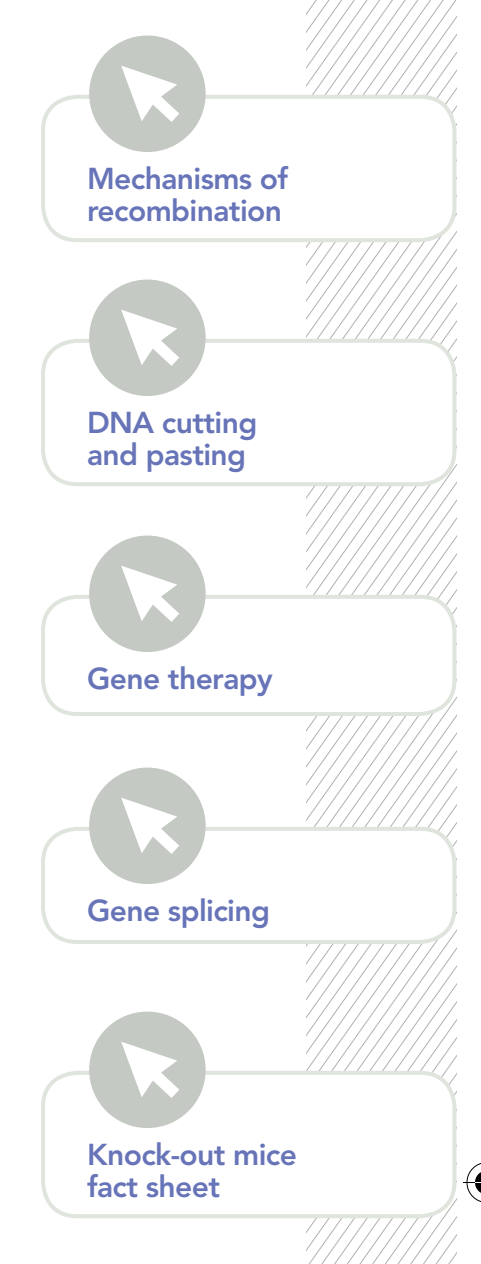
References to Foundational Biotechnology Concepts
- Examples of Real-world Applications:
- Genetic engineering increases crop resistance, enhancing yields and resilience to bolster global food security.
- Genetically altered plant genes boost productivity, illustrating practical applications of biotechnology.
Historical Applications
Biotechnology has a profound influence across various sectors, transforming medicine, agriculture, and environmental science.
-
Medicine:
- Recombinant DNA Technology: Utilises DNA from different sources, such as in the production of insulin for diabetes management.
chatImportantInsulin Production: This technology has revolutionised diabetes care through large-scale production.
-
Agriculture:
- Traditional GMOs have improved crop yields and pest resistance.
- Example: Bt corn effectively manages pests.
-
Environmental Science:
- Bio-remediation: Employing organisms to naturally detoxify pollutants.
Key Historical Terms:
- Recombinant DNA Technology: Creating new genetic configurations from different DNA strands.
- Bio-remediation: The use of organisms to naturally reduce pollution.
Current Applications
Medicine
-
Gene Therapy:
- A method to treat genetic disorders by correcting or replacing malfunctioning genes.
- Over 600 clinical trials conducted globally.
-
Personalised Medicine:
- Developing treatments based on an individual's genetic profile.
Agriculture
- Modern GM Crops:
- Engineered for increased yields and resilience.
Environmental Science
- Advanced Bio-remediation Techniques:
- Utilising advanced organisms and plants for environmental clean-up.
Emerging Research Trends
-
CRISPR:
- Facilitates exact gene editing and holds potential for curing genetic diseases.
chatImportantCRISPR Impact: Considered a groundbreaking development in gene editing.
-
Synthetic Biology:
- Creating new organisms for practical applications, such as biofuel production.
-
Bioinformatics:
- Fuels discoveries through the analysis of biological data.
Emerging Trends: The combined potential of CRISPR and synthetic biology accelerates innovation.
Future Applications Forecast
-
Healthcare:
- Anticipate customised, preventive treatments for genetic diseases.
-
Agriculture:
- GMOs tailored for adaptation to climate change.
-
Environmental Science:
- Eco-restoration techniques to sustain ecosystems.
Exploration of Future Research Areas in Biotechnology
-
CRISPR Advances: Aims to cure genetic disorders, while addressing ethical considerations.
-
Emerging Synthetic Biology Techniques: Address issues such as oil spills using modified bacteria.
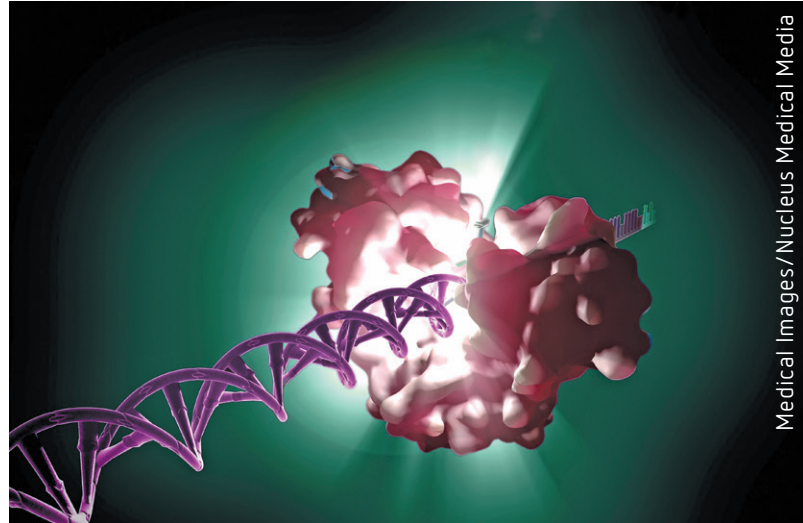
Integration of AI and Machine Learning with Biotechnology
-
Enhanced Research Capabilities through AI: Facilitates automation in research and drug development.
-
Data Analysis and Modelling: Enables early disease detection using comprehensive data analysis.

The Potential of Genomic and Proteomic Advances in Conserving Biodiversity
- Biodiversity Conservation Techniques: Utilising tools such as DNA barcoding for species protection.
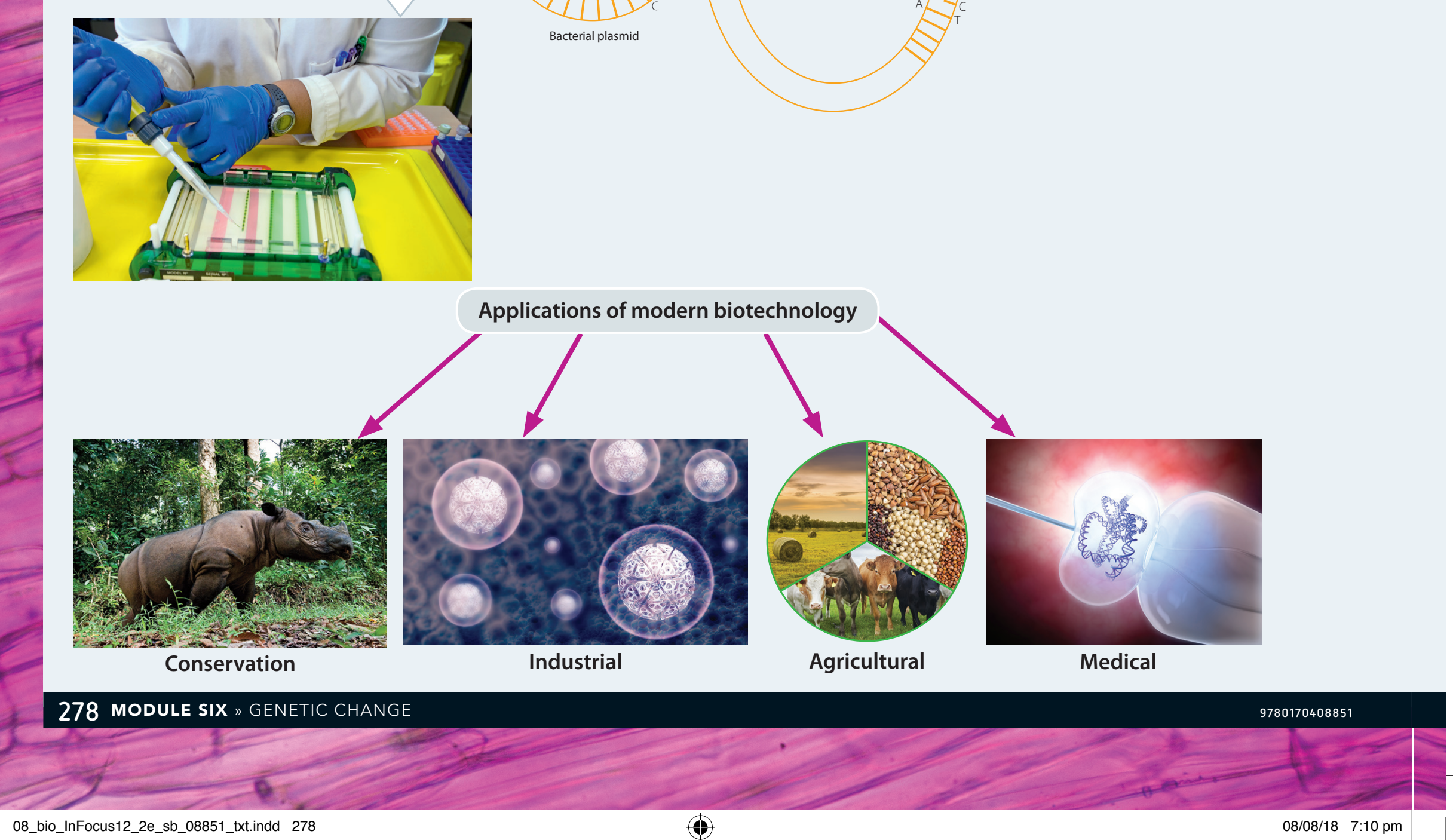
Promotion of Sustainability through Biotechnology Initiatives
-
Bio-remediation Plants: Employing microbes to eliminate ecosystem contaminants.
-
Sustainability Projects: Using biotechnology for carbon capture and emission reduction.
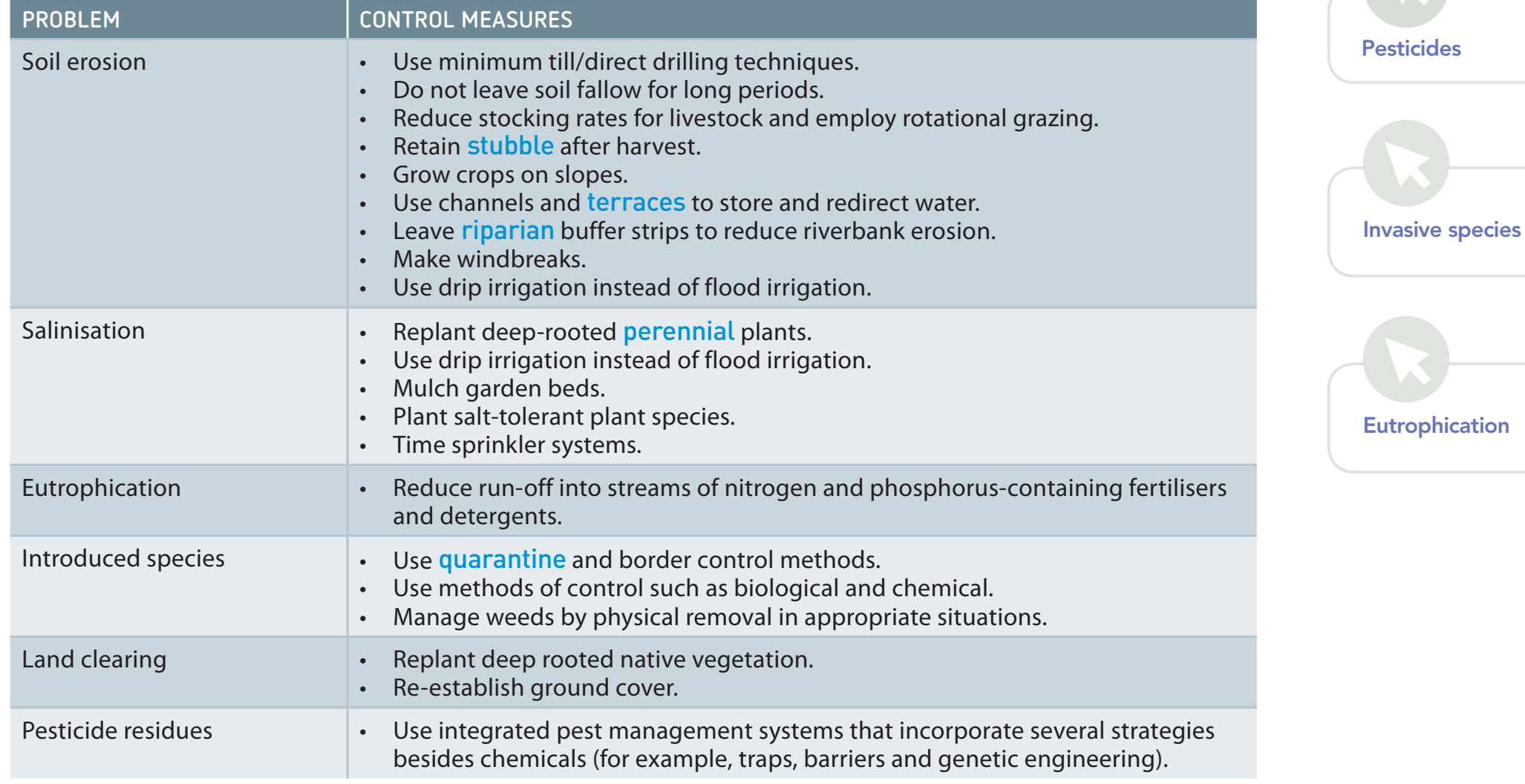
Definition: CRISPR - A technique that enables accurate DNA modification in organisms.
Genetic Modifications and Ecosystems
Mechanics of Genetic Modifications:
- Insertion: Adding genetic material to DNA.
- Deletion: Removing segments of DNA.
- Alteration: Modifying sequences of DNA.
Genetically Modified Organisms (GMOs): Organisms with changed genetic information.
Impacts on Genetic Diversity
- Short-term: Immediate impacts on traits.
- Long-term: Potential shifts in ecosystem dynamics.
GMOs in Natural Habitats
- Effects on Wildlife: Changes in food resources.
- Gene Flow: Potential spread of new traits.
Societal Benefits from Biotechnology
-
Health:
- Personalised Medicine: Tailored therapies enhance healthcare outcomes.
- Vaccines: Accelerated vaccine development.
-
Agriculture:
- Genetically Modified Crops: Improve food security.
-
Ecological Balance:
- Bio-remediation: Assists in environmental recovery.
Ethical Debates Over Genetic Technologies
- Privacy Concerns: Ensuring secure data storage is crucial.
- Accessibility: Ensuring equitable access to biotechnology.
Visual Aids for Ethical Considerations
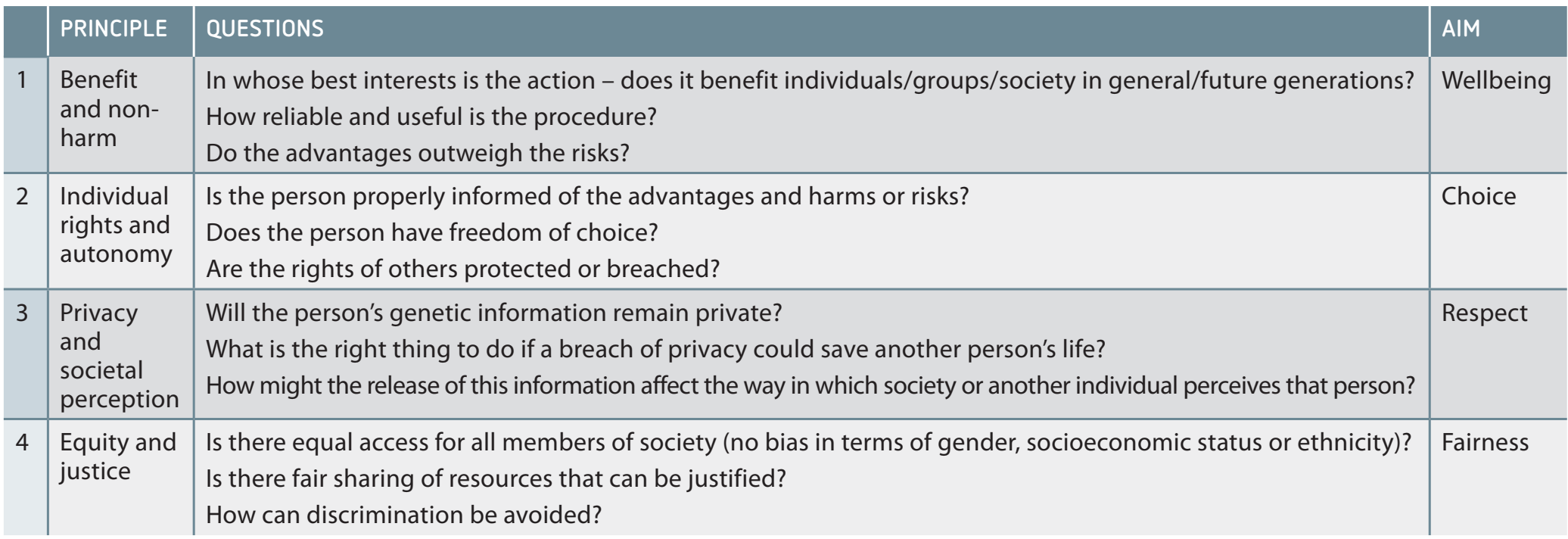
National and International Regulatory Frameworks
- Regulatory Bodies:
- FDA: Oversees biotechnology regulation in the USA.
- EU Directives: Standardise protocols across EU nations.
Key Terms:
- FDA: Regulatory authority in the USA.
- EU Biotechnological Directives: Regulations governing EU member states.
Challenges and Proposed Policy Improvements
- Current Challenges: Restrictive policies can hinder innovation.
- Improvement Suggestions: Proposals for adaptive regulatory frameworks.
Role of Public Engagement
- Engagement Strategies: Public education and transparency encourage acceptance.
- Successful Campaigns: Community discussions foster trust.

500K+ Students Use These Powerful Tools to Master Key Biotechnology Concepts For their SSCE Exams.
Enhance your understanding with flashcards, quizzes, and exams—designed to help you grasp key concepts, reinforce learning, and master any topic with confidence!
140 flashcards
Flashcards on Key Biotechnology Concepts
Revise key concepts with interactive flashcards.
Try Biology Flashcards19 quizzes
Quizzes on Key Biotechnology Concepts
Test your knowledge with fun and engaging quizzes.
Try Biology Quizzes25 questions
Exam questions on Key Biotechnology Concepts
Boost your confidence with real exam questions.
Try Biology Questions12 exams created
Exam Builder on Key Biotechnology Concepts
Create custom exams across topics for better practice!
Try Biology exam builder24 papers
Past Papers on Key Biotechnology Concepts
Practice past papers to reinforce exam experience.
Try Biology Past PapersOther Revision Notes related to Key Biotechnology Concepts you should explore
Discover More Revision Notes Related to Key Biotechnology Concepts to Deepen Your Understanding and Improve Your Mastery
